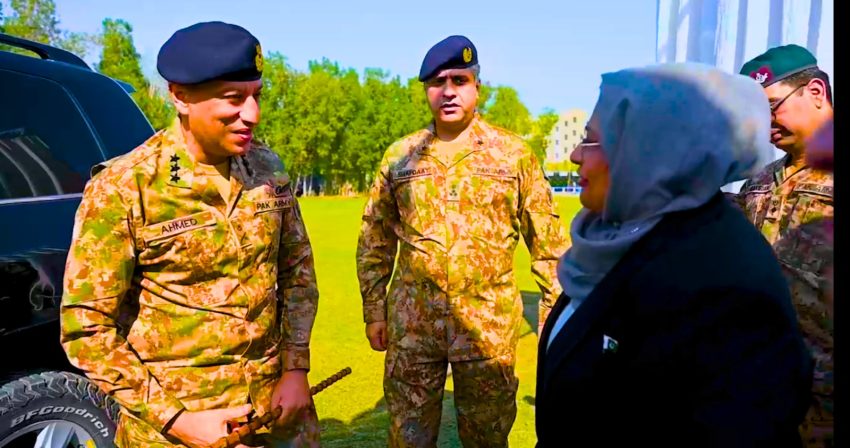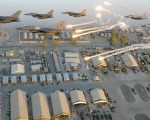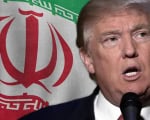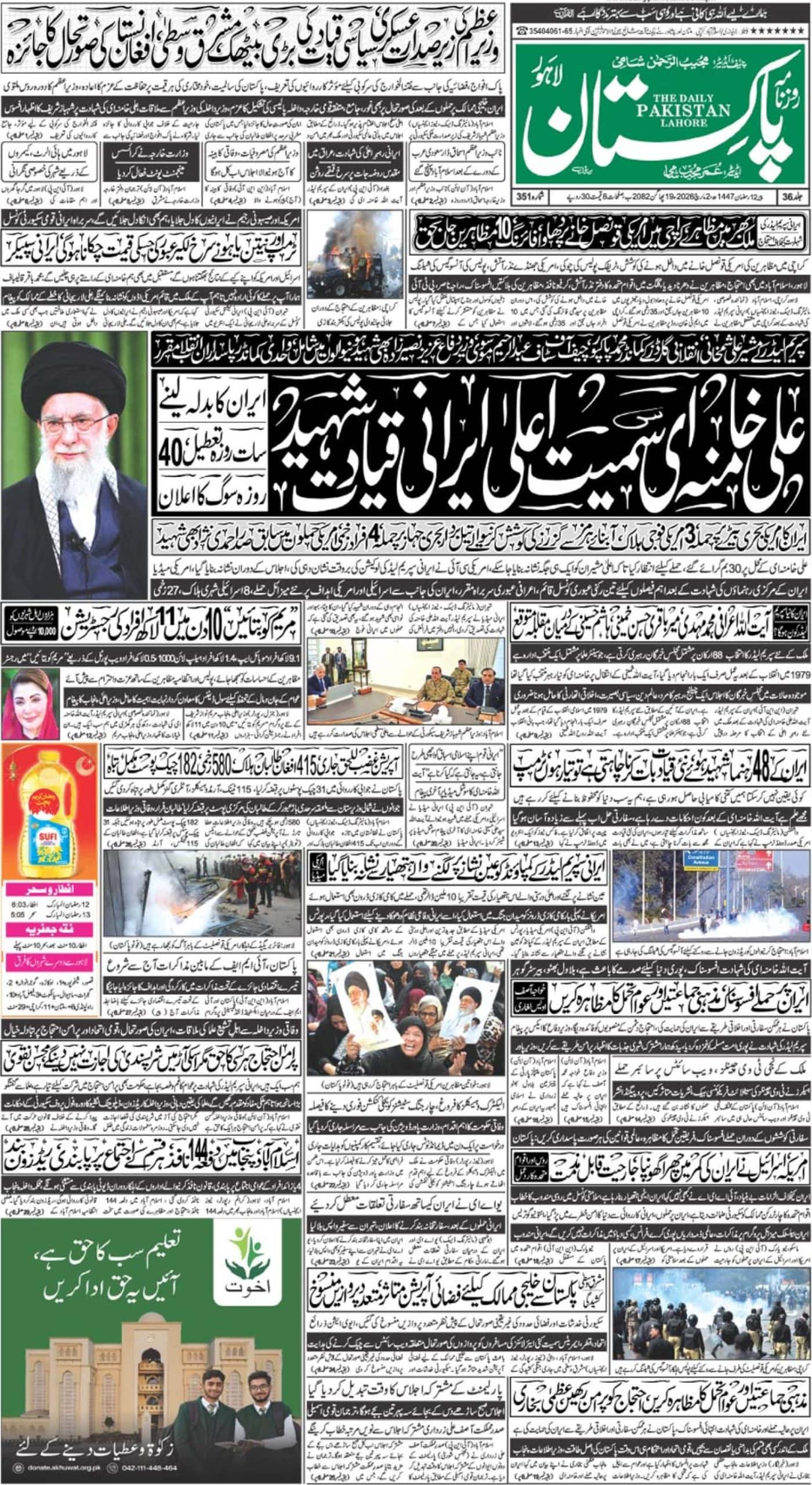The digital age has introduced a fifth domain of warfare: information. In this complex theatre where fifth-generation warfare thrives on confusion and polarity, the battlefield is often the minds of the youth. A different kind of frontline opened up on Thursday within the walls of Dow University. DG ISPR Lieutenant General Ahmed Sharif Chaudhry led an effort to clear the air, replacing the fog of confusion and fake news with a clear, open exchange with the country’s youth.
The engagement, characterised by an unfiltered open-mic session, marks a discernible shift in the military’s outreach strategy. By visiting a premier medical institution, DOW, the ISPR underscored a critical reality: national security is not merely the remit of the soldier at the border, but also relies on the ideological clarity of the future intelligentsia.
The interaction at Dow University appeared to serve two distinct strategic purposes: humanising the military leadership and fortifying the “Marka-e-Haq” (The Struggle for Truth).
Students, traditionally viewed as a demographic sceptical of authority, offered a rare consensus on the effectiveness of the session. The feedback from the auditorium highlights a breakdown of previous stereotypes. Speakers described the DG ISPR as “humble” and “polite,” engaging in a “one-to-one” dialogue that dissolved the perceived hierarchy between a Lieutenant General and medical students. This connection is vital; by stepping out of the shadows of command and into the realm of academic discourse, the institution successfully signaled that it is answerable and accessible.
Central to the discussion was the plague of fake news. The modern student consumes narratives via social media algorithms often designed to outrage rather than inform. General Chaudhry’s focus on research, verification, and factual analysis struck a chord with the medical students, who are trained to value evidence over conjecture. As one student in a white coat aptly noted, news must be “backed with facts and figures,” echoing the General’s advice on countering rumors.
Furthermore, the session provided a platform to clarify the Army’s operational parameters. The invocation of “Operation Bunyan-ul-Marsoos” (Cemented Wall) resonated as a metaphor for unity and impenetrable defense. Student reactions suggested that the narrative of external deterrence is alive and well. Remarks regarding the threat from the eastern neighbor, India, and the consequent need for preparedness, reflected a deep appreciation for the “peaceful sleep” citizens enjoy due to the vigilance of the armed forces.
Crucially, the dialogue addressed the sensitive intersection of military and politics. Students articulated a clear distinction in their feedback, reinforcing the narrative that the Army’s primary mandate remains the protection of the state—a precondition for any civil liberty or academic pursuit. “If the country is not protected, we would not be sitting here peacefully today,” observed one attendee, encapsulating the symbiotic relationship between security and civil society.
The overarching sentiment emerging from Dow University is that clarity leads to cohesion. By clearing “misunderstandings” and answering the “false claims” often prevalent in the digital sphere, the DG ISPR successfully pivoted the narrative from one of suspicion to one of collaboration.
For the state, this session acts as a blueprint for future engagements. The students’ call for such events to “happen often” is a plea for continued inclusion in the national narrative. In the context of Marka-e-Haq, the victory at Dow University was won not through silence, but through speech, proving that the most effective weapon against disinformation is a direct and honest conversation.














